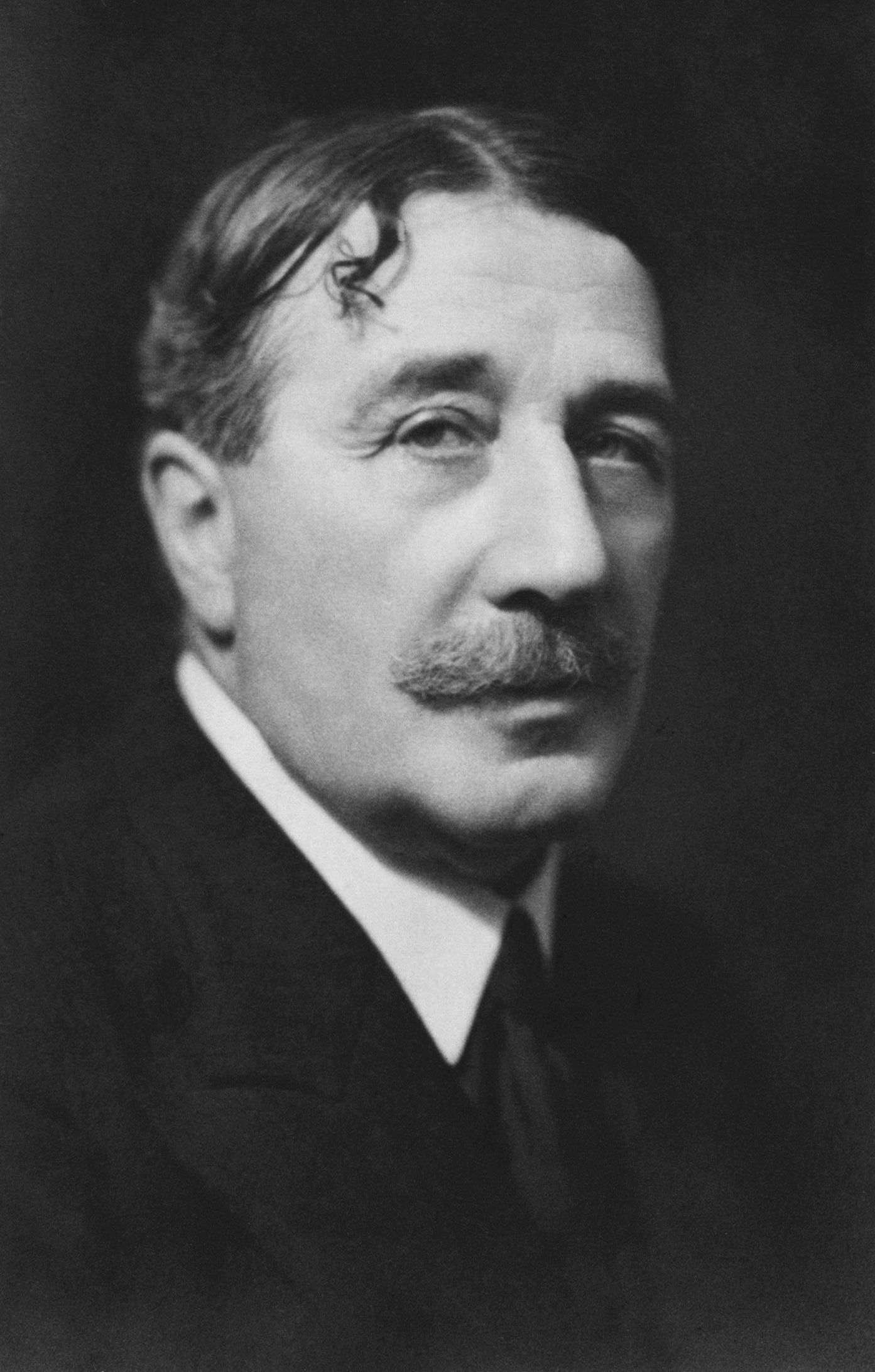citato in Focus n. 90, pag. 162
Émile-Auguste Chartier frasi celebri
“Nulla è più pericoloso di un'idea, quando è l'unica che abbiamo.”
da Sistema delle belle arti, 1920
“La cosa più difficile al mondo è dire pensandoci quello che tutti dicono senza pensare.”
da Storia dei miei pensieri
Émile-Auguste Chartier Frasi e Citazioni
“Tutte le persone sono degne di rispetto, ma alcune credenze non lo sono.”
da La Dépêche de Lorient, 14 giugno 1900
“L'uomo si annoia del piacere ricevuto e preferisce di gran lunga quello conquistato.”
da Propos sur le bonheur, 1925
“La storia è un grande presente, e mai solamente un passato.”
da Les Aventures du cœur
“La vita è un lavoro che bisogna fare a piedi.”
da Cento e un ragionamenti – Einaudi, a cura di S. Solmi
“Risvegliarsi è mettersi alla ricerca del mondo.”
da Vigiles de l'esprit, 1942
“Se il maestro si azzittisce, e gli scolari leggono, va tutto bene.”
da Propos sur l'éducation, 1932
da Propos sur le bonheur, 5 marzo 1922; citato in G. Minois, Storia dell'avvenire. Dai profeti alla futurologia, Bari, 2007, p. 10
Émile-Auguste Chartier: Frasi in inglese
Introduction
The Gods (1934)
“Man himself is an enigma in motion”
Introduction
The Gods (1934)
Contesto: Man himself is an enigma in motion; his questions never stay asked; whereas the mold, the footprint, and by natural extension, the statue itself, like the vaults, the arches, the temples with which man records his own passing, remain immobile and fix a moment of man’s life, upon which one might endlessly meditate.
“Nothing is more dangerous than an idea, when you have only one idea.”
Propos sur le Religion no. 74 (1938), under the pen name Alain.
Alternate translation: “Nothing is more dangerous than an idea, when it's the only one we have.” IZQuotes https://izquotes.com/quote/%C3%A9mile-chartier/nothing-is-more-dangerous-than-an-idea-when-you-have-only-one-idea-390165 (retrieved 10/30/18).
“Every boat is copied from another boat…”
Propos d’un Normand (1908); as quoted in "Natural selection and cultural rates of change" by D. S. Rogers and P. R. Ehrlich (2008) Proceedings of the National Academy of Sciences 105:3416–3420
Contesto: Every boat is copied from another boat... Let’s reason as follows in the manner of Darwin. It is clear that a very badly made boat will end up at the bottom after one or two voyages, and thus never be copied... One could then say, with complete rigor, that it is the sea herself who fashions the boats, choosing those which function and destroying the others.
On Pity
Alain On Happiness (1928)
Contesto: One must preach life, not death; spread hope, not fear and cultivate joy, man's most valuable treasure. That is the secret of the greatest of the wise, and it wil be the light of tomorrow. Passions are sad. Hatred is sad. Joy destroys passions and hatred. Let us begin by telling ourselves that sadness is never noble, beautiful or useful.
The King is Bored
Alain On Happiness (1928)
“Happiness is a reward that comes to those that have not looked for it.”
Victories
Alain On Happiness (1928)
Domestic Tranquility
Alain On Happiness (1928)
The Eloquence of Our Passions
Alain On Happiness (1928)
“Work is the best and worst of all things; the best of it is voluntary, the worst of it is servile.”
Happy Farmers
Alain On Happiness (1928)
On Private Life
Alain On Happiness (1928)
Attitudes Toward Neighbors
Alain On Happiness (1928)
“Our errors perish before we do. Let's not mummify them and keep them around.”
Our Future
Alain On Happiness (1928)
Bucephalus
Alain On Happiness (1928)
Happy Farmers
Alain On Happiness (1928)
Statement of 1931, as quoted by Marcel Gauchet, Realms of Memory: Rethinking the French Past, Vol. 1 - Conflicts and Divisions, edited by Pierre Nora and Lawrence Kritzman, p. 266 ISBN 9780231084048
“Idleness is the mother of all vices, but also of all virtues.”
Men of Action
Alain On Happiness (1928)
“Untie, liberate, and do not be afraid. He who is free is disarmed.”
Poets
Alain On Happiness (1928)
Poets
Alain On Happiness (1928)
“Thought is saying no, and it is to itself that thought says no.”
Propos sur la religion [Remarks on religion] (1924)
Le Citoyen contre les Pouvoirs [The Citizen against the Powers] (1926)
Variante: To think is to say no.
Giving Pleasure
Alain On Happiness (1928)
“We prove what we want to prove, and the real difficulty is to know what we want to prove.”
On prouve tout ce qu'on veut, et la vraie difficulté est de savoir ce qu'on veut prouver.
Système des Beaux-Arts (1920), as quoted in The Most Brilliant Thoughts of All Time (In Two Lines or Less) by John M. Shanahan, p. 34
Variant translation: We prove anything we want to prove, and the real difficulty is to know what we want to prove.
Ceremonies
Alain On Happiness (1928)
